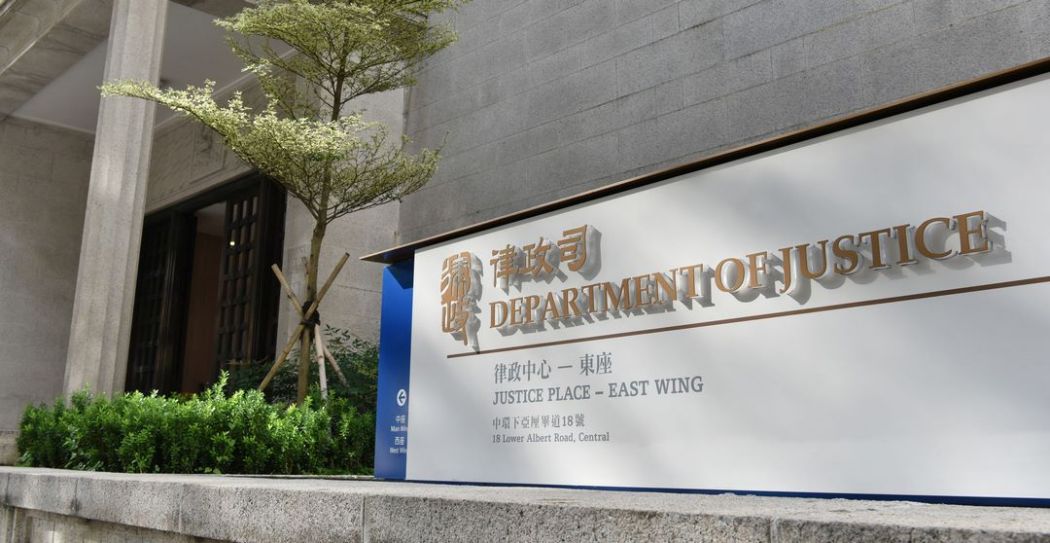Former Hong Kong chief executive Leung Chun-ying has dismissed speculation that the Department of Justice made any special accommodations for him during a court case when he was in office.
The High Court on Wednesday ruled in favour of democracy activist Avery Ng, who had his common assault conviction overturned and three-week jail sentence quashed.
Ng was charged after throwing a fish sandwich at Leung in 2016 as a protest. Leung ducked at the time and the sandwich hit a nearby police officer’s arm.

In making its case, the prosecution had named the officer, Lau Wing-kwan, as the victim instead of the former Hong Kong leader.
Judge Joseph Yau wrote in his ruling that the choice was “mystifying.” He said there was a clear case that Ng had assaulted Leung, yet it was more difficult to prove Ng assaulted Lau – and the prosecutors failed to do so.
“If the decision was made because Leung Chun-ying was the chief executive at the time, and the prosecution wanted to avoid summoning him as a witness, then the prosecution would have made an apparently unreasonable decision based on one individual, or based on the need to cater to one individual,” he wrote.
While Yau said he would not speculate over the prosecution’s motives, he said it would be “discomforting” and “questionable” if that were the case.
No special treatment
Leung on Friday defended the Department of Justice, saying that there was “no possibility” that he was trying to dodge a court appearance.
“Four months before the Avery Ng case, I gave detailed testimony in court for another assault case… and I testified in Ng’s case as well,” he said.

Leung was referring to the case of former lawmaker Raymond Wong, where Wong was charged with assault after throwing a glass at Leung in the legislature.
Wong’s case was heard in 2016 and Leung was summoned as a witness. Wong was found guilty of assault but, like Ng, his conviction was overturned on appeal.
The prosecution for Ng’s case did not call on Leung to appear in court, but Ng – who at the time was representing himself – did. Ng later complained that Leung was an “uncooperative” witness.
Leung said both his court appearances were widely reported by the media at the time: “The judge had no need to say ‘if’ or to speculate… Every time I was assaulted, I have cooperated with law enforcement and the judiciary in their investigation and trial.”
On Friday, Ng responded on Facebook that Leung was reluctant to appear in court, and only testified after the defence successfully applied for a court order to summon him.
“The defence lawyers tried multiple times to meet with you before trial, but you rejected them. You even said on the phone that you were too busy promoting the Belt and Road Initiative to meet lawyers, and you would say what you had to say in court,” Ng wrote.

The Department of Justice issued a statement saying that it prosecuted Ng’s case in a “fair and just” manner in accordance with the Prosecution Code. It said it would study the judgment further before deciding whether to appeal.
Despite leaving office in 2017, Leung is still involved in a number of court cases: he launched defamation lawsuits against pro-democracy lawmaker Kenneth Leung in 2017, and against media outlet Stand News and university professor Chung Kim-wah last year. Both cases have yet to be heard in court.
